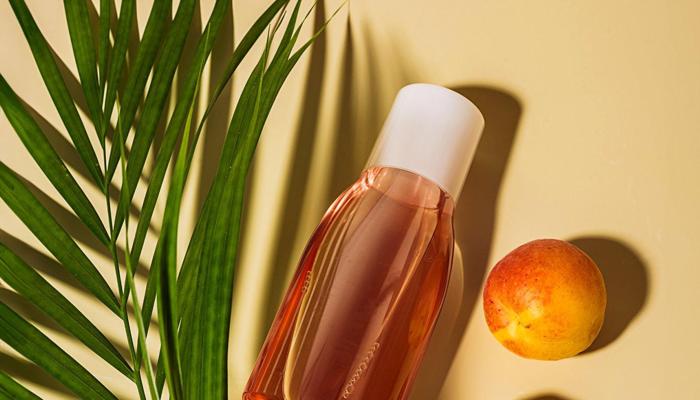Unveiling the Secrets of Detoxifying Your Beauty Routine: Ingredients You Should Avoid. Dive in to unveil the truth!
Namaste, beautiful people! Ever wondered why even after splurging on expensive creams
and serums, your skin still feels, well, blah? The answer might be lurking right inside your beauty cabinet.
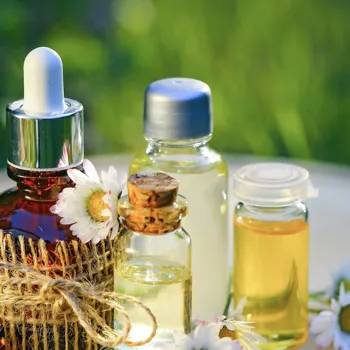
Just like our bodies need a detox after all those Diwali sweets, our skincare routine sometimes needs a revamp. This isn't about ditching all your makeup; it's about becoming a conscious consumer and making informed choices about what you slather on your precious skin.
Think of it as a spring cleaning for your face! Let’s dive into the world of skincare ingredients and identify the villains you might want to avoid.
Parabens in beauty products may disrupt hormonal balance; opt for paraben-free
Firstly, let’s talk about Parabens. These are like the preservatives of the beauty world, used to prolong the shelf life of products. You'll usually find them listed as methylparaben, ethylparaben, propylparaben, or butylparaben.
The concern arises because some studies suggest they can mimic estrogen in the body, potentially disrupting the hormonal balance. While research is ongoing, many folks prefer to err on the side of caution and opt for paraben-free products. Look for labels that specifically say "Paraben-Free".
Remember, a little awareness can go a long way in ensuring your skincare routine is as healthy as possible. Always remember to read ingredient lists. It can seem daunting at first, but you'll quickly get the hang of recognizing these common culprits.
Start slow, maybe focus on one ingredient category at a time, like parabens this week, and sulfates next week. Your skin (and your peace of mind) will thank you for it! Remember, natural does not always equal better though. Do thorough research.
Sulfates in beauty products can harm skin, opt for gentler cleansers
Next up, we have Sulfates, namely Sodium Lauryl Sulfate (SLS) and Sodium Laureth Sulfate (SLES). These are the guys responsible for that satisfying foamy lather in your shampoos and face washes. However, that foamy goodness comes at a price.
Sulfates are known to be harsh detergents that can strip your skin and hair of their natural oils, leading to dryness, irritation, and even allergic reactions, especially for those with sensitive skin.
If you've noticed that your skin feels tight and squeaky clean after washing, it's likely the sulfates doing their work (a little too well!). Instead, look for products that use gentler cleansing agents like coco-glucoside or decyl glucoside.
These ingredients provide a milder cleanse without compromising the skin's moisture barrier. Also, keep an eye out for terms like "sulfate-free" or "SLS-free" on the packaging. Trust us, your skin will appreciate the switch!
Phthalates in products: hidden disruptors, opt for transparency
Moving on, let's discuss Phthalates. These sneaky chemicals are often used to make plastics more flexible and are also found in fragrances to help scents last longer. The problem is, phthalates are endocrine disruptors, meaning they can interfere with your hormonal system.
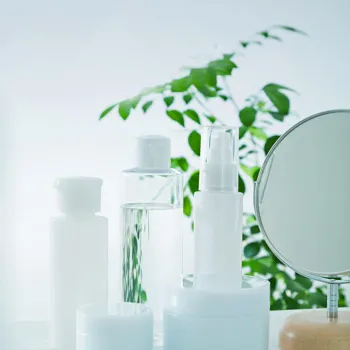
They are often hidden under the term "fragrance," making them difficult to spot. While some brands are transparent about listing phthalates, many are not.
Because of the vagueness of fragrance in ingredient lists, consider opting for products that are fragrance-free or use natural essential oils for scent. Also, consider researching brands that are committed to transparency and disclose all their ingredients.
Many smaller, independent beauty brands prioritize clean formulations and are happy to answer your questions. It's always a good idea to support companies that align with your values!
Formaldehyde-releasing preservatives pose health risks; opt for safer alternatives
Now, let's talk about Formaldehyde-releasing preservatives. Formaldehyde, a known carcinogen, isn't usually listed as an ingredient, but certain preservatives release it over time, creating a potential health risk.
These formaldehyde-releasers include ingredients like DMDM hydantoin, Diazolidinyl urea, Imidazolidinyl urea, Quaternium-15, and Bronopol.
While the amount of formaldehyde released may be small, it's best to avoid these ingredients altogether, especially if you have sensitive skin or respiratory issues.
Thankfully, there are plenty of safer preservatives available, such as phenoxyethanol (used in safe percentages) or potassium sorbate. Always check the ingredient list carefully. It can save you from dealing with potential irritants and other harmful substances.
Instead, opt for brands that prioritize safer alternatives and are transparent about their preservative choices.
Avoid oxybenzone in sunscreens, opt for mineral alternatives
Next up is Oxybenzone, a common ingredient in chemical sunscreens. While sunscreen is absolutely essential for protecting your skin from the sun's harmful rays, Oxybenzone has been linked to hormone disruption and skin allergies.
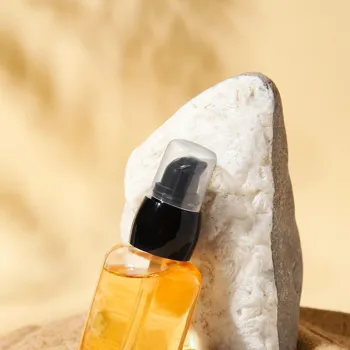
It's also considered harmful to coral reefs, making it a concern for ocean lovers. Instead of choosing chemical sunscreens with Oxybenzone, opt for mineral sunscreens that use Zinc Oxide and Titanium Dioxide as active ingredients.
These mineral sunscreens are considered safer for both your health and the environment. They work by creating a physical barrier on your skin that blocks UV rays, rather than absorbing them like chemical sunscreens.
Mineral sunscreens may leave a slight white cast on the skin, but newer formulations are designed to minimize this effect. They are especially well-suited for those with sensitive skin.
Artificial colors and fragrances can irritate skin; opt for natural alternatives
Finally, let's discuss Artificial colours and fragrances. While they can certainly make products more appealing, artificial colours and fragrances are often made from a cocktail of chemicals that can irritate and sensitize the skin. Artificial colours are often listed as "CI" followed by a number.
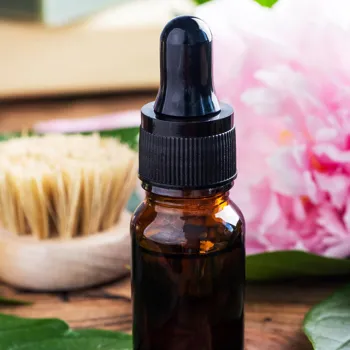
The biggest concern with artificial fragrances is that they are often not fully disclosed, as companies can hide multiple chemicals under the single term "fragrance". This makes it difficult to know exactly what you're putting on your skin. Even essential oils are not suitable for some.
They react to the skin, causing redness and itchiness. If you have sensitive skin or allergies, it's best to avoid products with artificial colours and fragrances altogether. Instead, look for products that are fragrance-free or use natural essential oils for scent.
Also, consider products that use natural pigments from plants and minerals for colour. Read labels carefully, as even "unscented" products can contain masking fragrances to cover up the natural odor of ingredients.
AI Generated Content. Glance/InMobi shall have no liability for the content